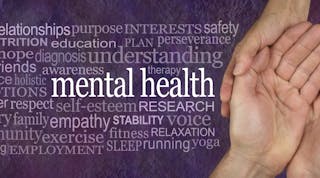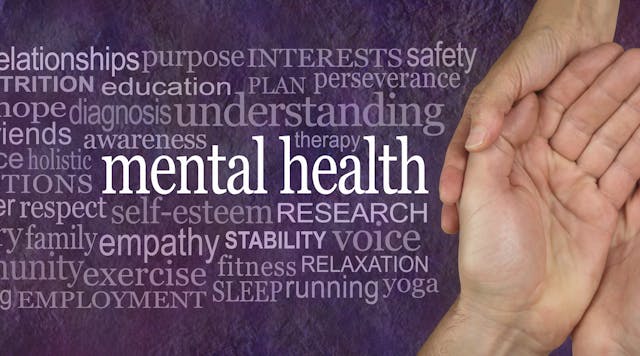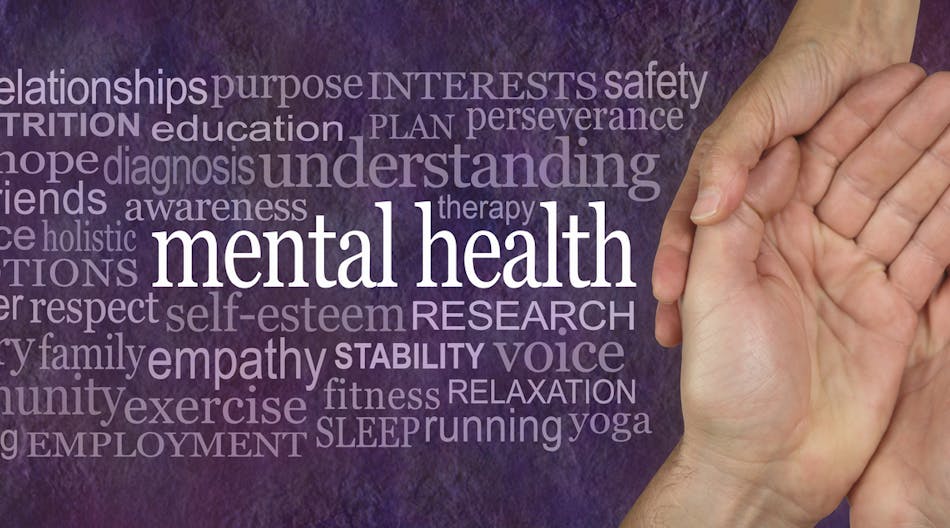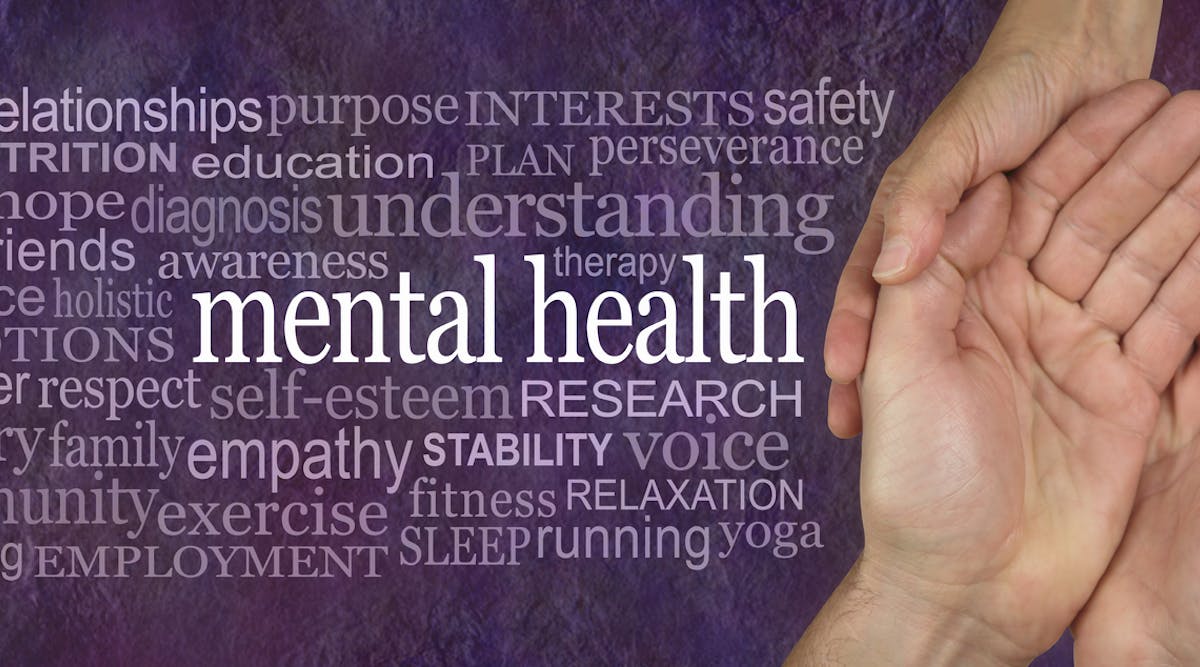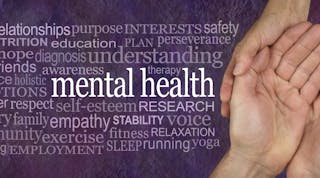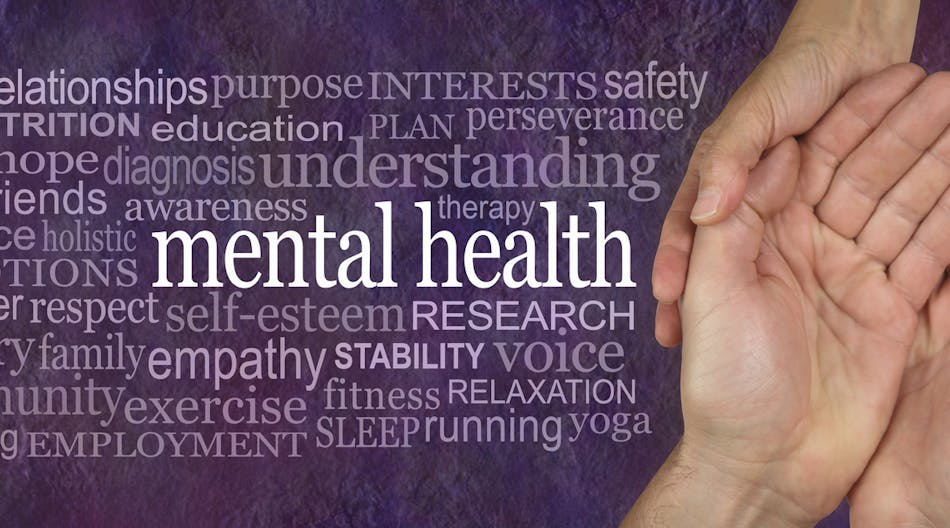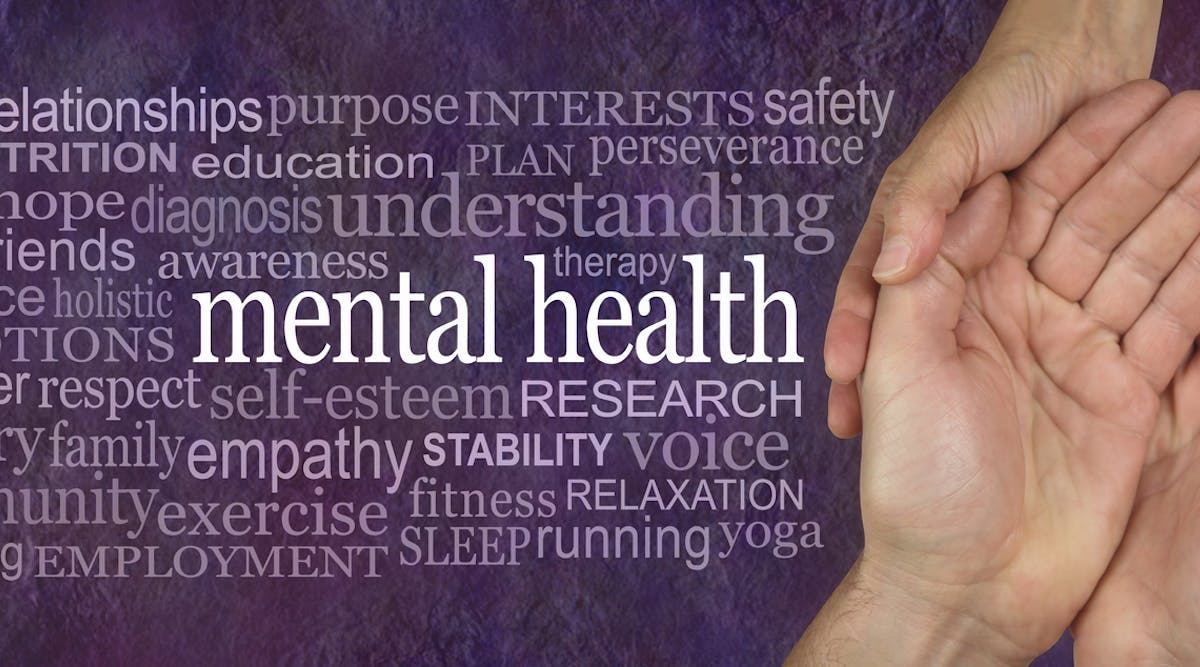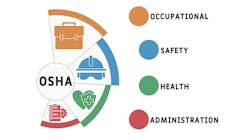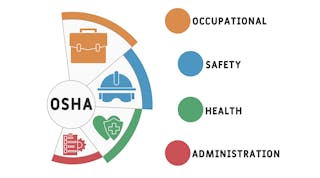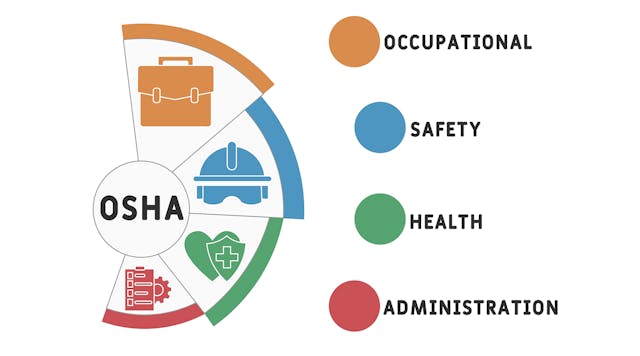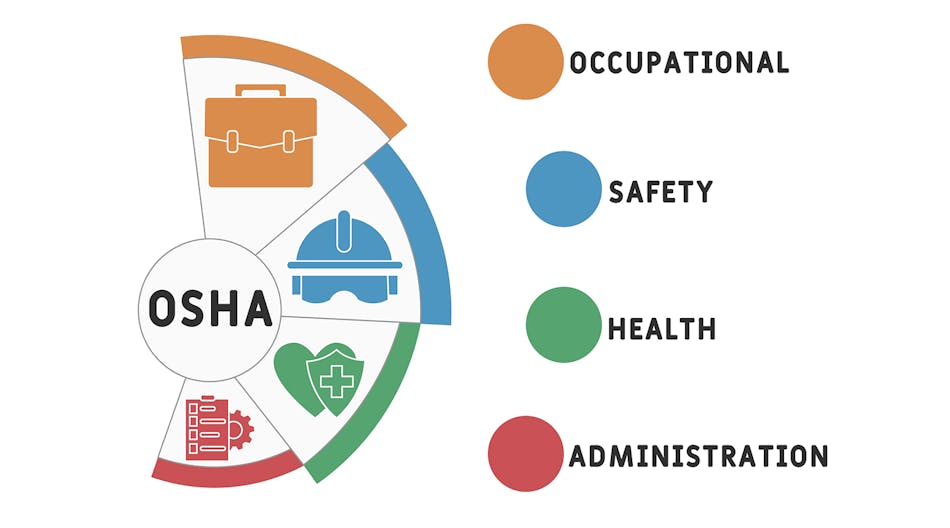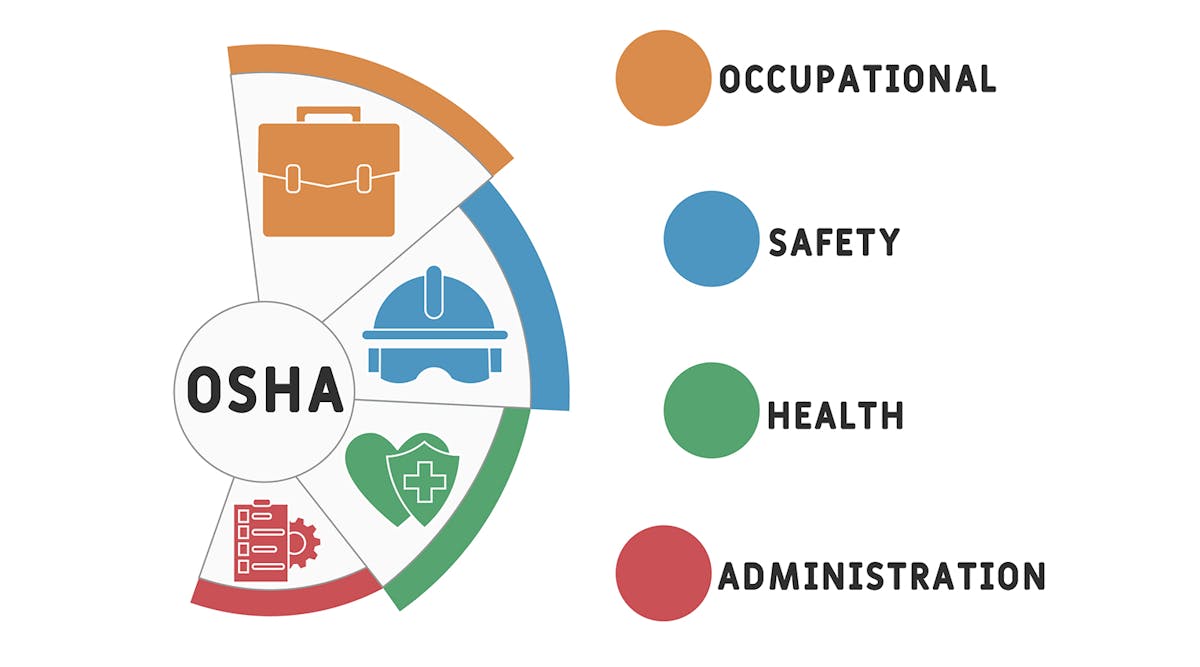Having reported over the past few years on the many mental health programs that companies are using to help employees with this issue, I will admit that I was quite disappointed to learn of a new study that says some of these programs aren't working.
William Fleming of Oxford University's Wellbeing Research Center, published recent finding on this topic in the Industrial Relations Journal, and offers this conclusion:
The primary finding is that there is no reliable difference in mental well-being across the various outcomes. For the following specific types of interventions, estimates indicate no difference between participants and nonparticipants: relaxation practices, time management, coaching, financial well-being programs, well-being apps, online coaching, sleep apps and sleep events. Volunteering is the only type of intervention to suggest benefits for workers' well-being.
The survey consisted of 46,000 British workers at 223 different organizations. Fleming compared the survey answers of "matched pairs" of people who were working at the same company: One who was using a wellness program, and another who was not.
The findings "pose a challenge to the popularity and legitimacy of individual-level mental well-being interventions like mindfulness, resilience and stress management, relaxation classes and well-being apps," he said in an article in the New York Times called, "Workplace Wellness Programs Have Little Benefit, Study Finds."
“If employees do want access to mindfulness apps and sleep programs and well-being apps, there is not anything wrong with that,” he told the NYT. “But if you’re seriously trying to drive employees' well-being, then it has to be about working practices.”
Fleming said he knew the findings would be "controversial." He believes that if companies truly want workers to feel better, improving working conditions (factors such as schedules, pay and performance reviews) may be the best way to go.
Not Everyone Agrees with That Conclusion
Looking specifically at treatment for depression and anxiety, a large component of mental health, the World Health Organization found that for every $1 invested in treating these conditions returned $4 in better health and ability to work. The study was published in The Lancet Psychiatry, in 2016.
“The new study calculated treatment costs and health outcomes in 36 low-, middle- and high-income countries for the 15 years from 2016-2030. The estimated costs of scaling up treatment, primarily psychosocial counselling and antidepressant medication, amounted to $147 billion. Yet the returns far outweigh the costs. A 5% improvement in labor force participation and productivity is valued at $ 99 billion, and improved health adds another $310 billion in returns.”
This same figure was reported in 2021 from research conducted by the National Safety Council and the University of Chicago. The survey found that employers who support mental health see a return of $4 for every dollar invested in mental health treatment.
Given this strong return, the two organizations wanted to give employers a clear view of how to figure out costs so they created a Mental Health Cost Calculator.
This tool provides data-driven insight about the costs of employee mental distress in the their workplaces and identifies untreated distress impacts employers costs. These costs include an estimate of the dollars lost in days of work missed, excess turnover and replacement costs, and greater health care use by distressed workers and family members.
Road Forward
Part of the difference in studies is how mental health is measured and what specific workplace actions are taken. Ensuring a workplace conducive to strong mental health is a difficult and evolving issue However, continually studying the effectiveness of approaches can only help employers better target programs and outcomes.






